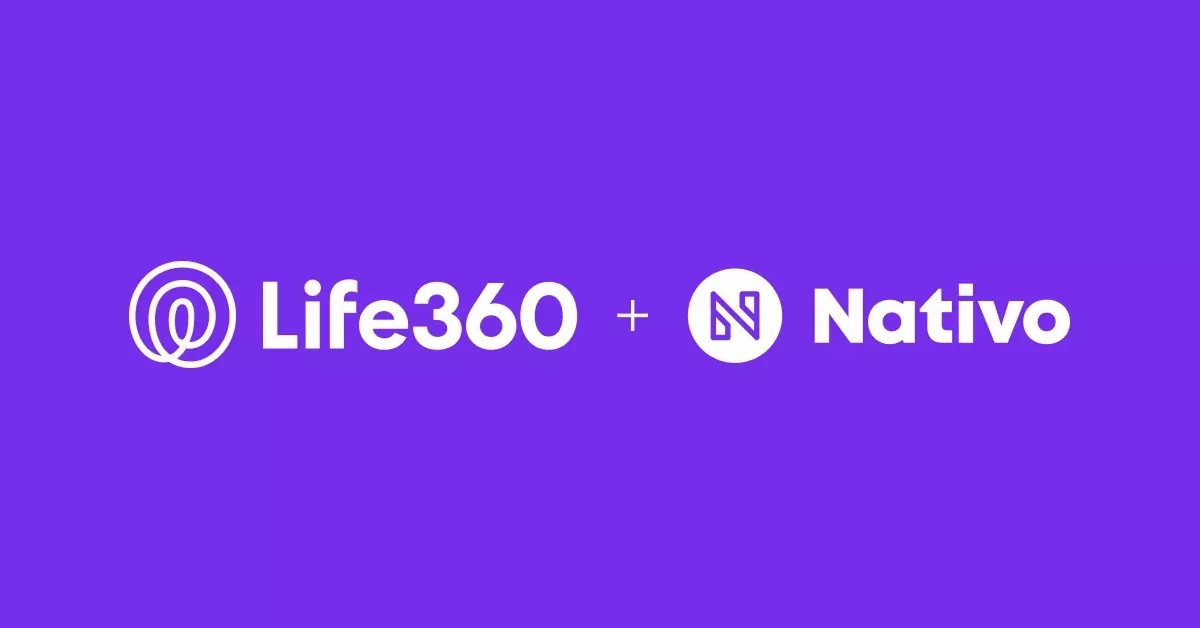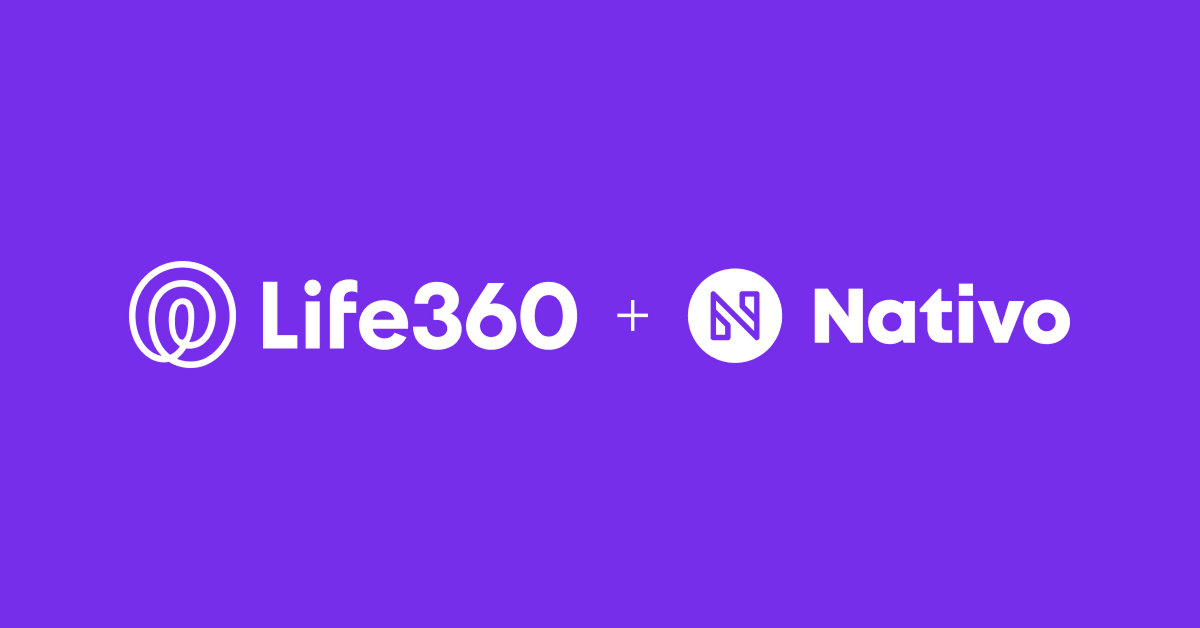What Are the Benefits of Contextual Advertising?
.png)
As we move into a cookieless digital advertising ecosystem, contextual advertising has emerged as a powerful strategy that not only captures the relevance of the moment but also delivers personalized and desirable content to users. The benefits of contextual advertising are many, and as a foundational marketing approach, contextual targeting is poised to reshape the way brands connect with their audiences in today’s dynamic and data-driven environment.
Here’s why.
Privacy Compliant but Personally Aware
Privacy by design is a paramount benefit of contextual advertising, offering a strategic departure from traditional data-driven approaches. Unlike methods reliant on extensive user data collection and soon-to-be-deprecated third-party cookies, contextual advertising focuses on the immediate context of a user's online activity without requiring the storage of personal information. By prioritizing content relevance based on the user's current engagement, contextual advertising respects user privacy, eliminating the need for extensive data tracking and safeguarding against potential privacy concerns. This approach aligns with evolving data protection regulations and user expectations, fostering a more transparent and trustworthy relationship between brands and consumers while simultaneously delivering personalized content experiences.
Precision Targeting and Relevance
One of the primary advantages of contextual advertising lies in its ability to precisely target audiences based on the content they are engaging with. By analyzing the context of a webpage, app, or other digital platform, contextual advertising can help marketers align their advertisements with the immediate interests and needs of users. This precision targeting ensures that the right message reaches the right audience at the right time, enhancing the overall relevance of the advertising content. For instance, a sports brand can place ads within articles or videos discussing recent sports events, capturing the attention of individuals already immersed in the subject matter.
Enhanced User Experience
Contextual advertising contributes significantly to the improvement of user experience. Instead of bombarding users with generic ads, this strategy delivers content that seamlessly integrates with the surrounding context, creating a more cohesive and enjoyable browsing experience. Users are more likely to engage with ads that complement the content they are consuming, leading to a value-added experience and positive brand associations. This focus on enhancing user experience is crucial in a digital landscape where attention spans are limited, and users seek content that is both relevant and valuable.
Real-Time Adaptability
In digital marketing, being able to adapt in real-time is a game-changer. Contextual advertising leverages advanced technologies, such as machine learning and artificial intelligence, to analyze content context in real-time. This allows marketers to make instant decisions about the most relevant content, ensuring that advertisements align with the latest trends, news, or user behaviors. Whether it's tailoring messages based on current events or adjusting strategies on the fly, the real-time adaptability of contextual advertising empowers brands to stay agile and responsive in an ever-changing online environment.
Higher Engagement Rates and Conversions
The personalized nature of contextual advertising contributes to higher engagement rates and increased conversion opportunities. When users encounter ads that align with their current interests or needs, they are more likely to interact with the content and take desired actions, such as clicking through to a website or making a purchase. Studies have consistently shown that relevance is a key driver of engagement, and contextual advertising excels in delivering messages that resonate with users on a personal level, ultimately translating into improved conversion rates for brands.
Cost-Efficiency and Improved ROI
Contextual advertising offers a cost-effective approach to marketing by maximizing the efficiency of ad spend. By targeting audiences based on the context of their online activities, brands can avoid wasting resources on irrelevant impressions. This targeted approach ensures that advertising budgets are allocated to audiences with a higher likelihood of conversion, leading to improved return on investment (ROI). In essence, contextual advertising allows brands to focus on quality interactions rather than sheer quantity and impressions for the sake of impressions.
Cross-Channel Consistency
In today's multichannel digital landscape, maintaining consistency across various touchpoints is paramount. Contextual advertising enables brands to deliver a unified message seamlessly across different channels, including social media, websites, and mobile apps. This consistency reinforces brand identity and messaging, creating a cohesive brand experience for users as they move between platforms. Whether a user encounters an ad on a social media feed or within a blog post, the contextual relevance ensures a harmonious brand presence that strengthens overall brand recall. It also enables brands to build stories with their content that deliver new information to the user based on the channel.
Adaptable to Diverse Content Formats
Contextual advertising is versatile and can be adapted to diverse content formats, including display ads, native ads, and video ads. This adaptability allows marketers to choose the most effective format for their campaign goals and target audience. Whether it's integrating seamlessly into the visual flow of a website or delivering a compelling message through video, contextual advertising accommodates a variety of creative approaches, maximizing the impact of the marketing message.
Data-Driven Insights and Optimization
The data generated through contextual advertising campaigns provides valuable insights into user behavior, preferences, and the performance of specific contextual targeting strategies. Marketers can leverage this data to continually optimize their campaigns, refining targeting parameters, creative and content elements, and overall strategies based on real-time analytics. This data-driven approach not only enhances the effectiveness of current campaigns but also informs future marketing strategies, allowing for continuous improvement and adaptation to evolving consumer trends.
The benefits of contextual advertising extend beyond mere targeting; in fact, they have the power to transform the entire digital marketing landscape. From precision targeting and enhanced user experiences to real-time adaptability and improved ROI, contextual advertising represents an effective strategy for brands seeking to connect with their audience in a meaningful way. As technology continues to evolve, contextual advertising is poised to play an increasingly vital role in the arsenal of modern marketers, shaping the future of personalized and contextually relevant digital interactions.


.jpg)

